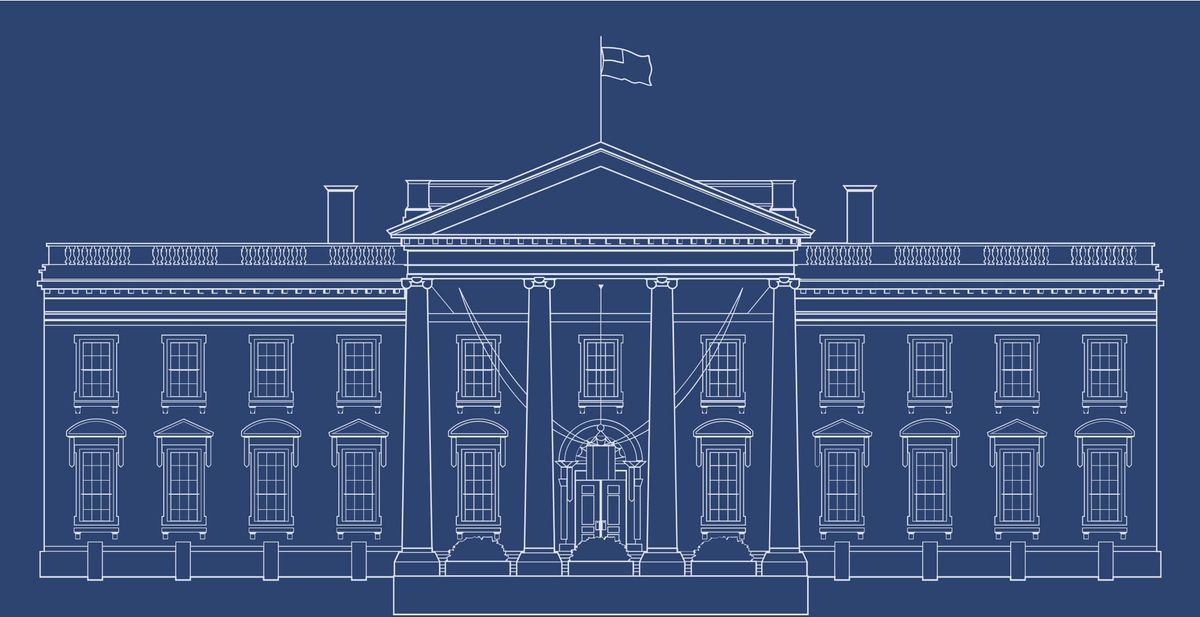
President Biden signed a landmark executive order to establish new standards and safeguards for AI systems. The wide-ranging order aims to manage risks, protect civil rights, spur competition and innovation, and assert American leadership in AI ethics and governance globally.
The first of its kind order mandates safety testing and information sharing for powerful AI systems, directs agencies to develop tools to detect AI-generated disinformation, calls for non-discrimination practices in AI algorithms, and takes additional steps to support workers affected by AI-driven automation.
The Biden-Harris administration's strategy focuses on several key pillars:
- Establishing rigorous standards for AI safety and security.
- Protecting Americans' privacy in the age of AI.
- Ensuring AI promotes equity and respects civil rights.
- Safeguarding consumers, patients, and students.
- Supporting workers in an evolving job landscape.
- Nurturing innovation and competition.
- Elevating American leadership in global AI discourses.
- Directing the responsible adoption of AI within the federal government.
"As AI continues to transform our economy and society, we must ensure these systems are safe, trustworthy, and transparent," said President Biden in the order's introductory statement. "This order will drive responsible AI use that protects Americans' privacy and civil liberties, delivers equitable outcomes, and promotes innovation."
A key focus of the order is mitigating risks from advanced AI capabilities. Developers of high-risk AI systems will now be required to perform extensive testing and provide results to the government prior to public release. The order also directs the establishment of technical standards, tools, and tests to verify AI safety across critical infrastructure.
Additional actions aim to reduce threats from AI-enabled disinformation, cyber-attacks, and synthetic biology. These include developing authentication methods to identify AI-generated content and funding research into privacy-preserving AI techniques.
The order mandates several steps to ensure AI systems do not violate civil rights laws or exacerbate discrimination. Agencies must issue guidance to prevent biased algorithms in housing, hiring, lending, and benefits eligibility assessments. DOJ and federal civil rights offices will coordinate on addressing algorithmic discrimination in the legal system.
Federal contractors and grant recipients will be barred from using AI systems that discriminate unlawfully. Healthcare providers will be required to report AI-related harms under a new HHS safety program.
With AI poised to disrupt jobs, the order calls for workforce training programs and new labor protections. Workers must be shielded from unfair hiring practices, surveillance, and efforts to impede collective bargaining enabled by AI tools.
For consumers, HHS will oversee healthcare AI safety and the FTC will guard against deceptive practices. K-12 schools will receive resources to responsibly deploy AI tutoring and personalized learning tech.
The formation of a National AI Research Resource, as well as several provisions aim to maintain U.S. leadership in AI research and development. New grants will fund projects harnessing AI for societal priorities like healthcare and climate change. Entrepreneurs will gain support commercializing breakthroughs, with focus on providing access for small businesses.
New visa programs will enable top AI talent worldwide to study and work in America. The order directs coordination with allies to develop international AI standards grounded in democratic values.
Finally, the order lays the groundwork for modernizing federal use of AI. It mandates development of best practices for procurement, data protections, and non-discrimination in public sector AI applications. Agencies will receive guidance on responsible AI use and have streamlined pathways to acquire approved commercial AI tools.
With this comprehensive strategy spanning safety, ethics, competitiveness, and more, the White House aims to solidify America's leadership in developing AI for the public good. However, effective oversight and governance will require ongoing collaboration between government, industry, academia, and civil society.

